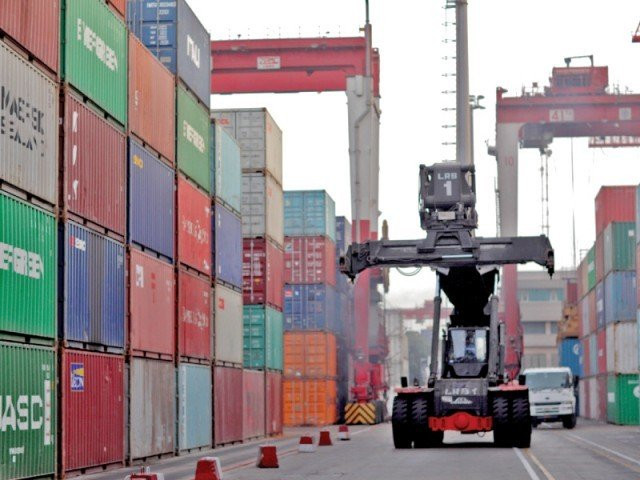Lack of effluent treatment discourages foreign buyers
Importers look for better industrial conditions before entering into contracts

Solid waste burning badly affects environment and it is the responsibility of government departments to ensure timely lifting of waste, said Member National Assembly (MNA) and Parliamentary Secretary Naz Baloch.
Talking to members of the SITE Association of Industry (SAI), the MNA affirmed that she would take up the longstanding issue of Combined Effluent Treatment Plant (CETP) and a water pipeline network from Hub Dam to SITE at various levels in the federal and provincial governments.
Baloch assured businessmen of continued support for the betterment of Karachi, particularly the improvement in civic amenities in the SITE industrial area.
She also discussed matters pertaining to losses caused by 2022 floods, impact of climate change and efforts for mitigation and adaptation, waste management and plantation drive for reducing air pollution.
In this scenario when the Sindh government is indecisive about establishing the CETP, exporters have not been able to negotiate better prices or clinch significant contracts with foreign buyers.
“CETP was approved in 2016, but it has been revised numerous times without any substantial result,” SAI President Riazuddin said while talking to The Express Tribune.
The plant is required to treat the wastewater produced in Karachi. The city generates 12,000 tons of waste every day, including industrial waste, as per a World Bank report that declared Karachi as one of the least livable cities due to its poor environmental conditions.
The provincial government has established Sindh Solid Waste Management Board, which outsources waste management to Chinese companies.
“Waste collection and segregation is inadequate and it is often not properly recycled. Industrial areas in the city frequently face fire incidents owing to unsatisfactory garbage destruction,” Riaz said.
Citing the Baldia factory inferno in 2012 that left more than 260 workers dead in a multi-storey building, he pointed out that international companies were increasingly conducting social audits of their suppliers to assess industrial conditions including labour practices, corporate citizenship and waste management.
“These audits give social credits to factories but low scores make price negotiations or contract bidding difficult,” he maintained.
The effluent treatment plant will not only improve the environment and marine ecology, but also provide a source of clean water for the city.
The SAI president quoted the measures highlighted in Sindh’s climate change mitigation policy. These include discouraging conversion of land use, designing adequate procedures to control organic and inorganic pollution and devising strategies for infrastructure strengthening.
Published in The Express Tribune, January 4th, 2023.
Like Business on Facebook, follow @TribuneBiz on Twitter to stay informed and join in the conversation.



















COMMENTS
Comments are moderated and generally will be posted if they are on-topic and not abusive.
For more information, please see our Comments FAQ